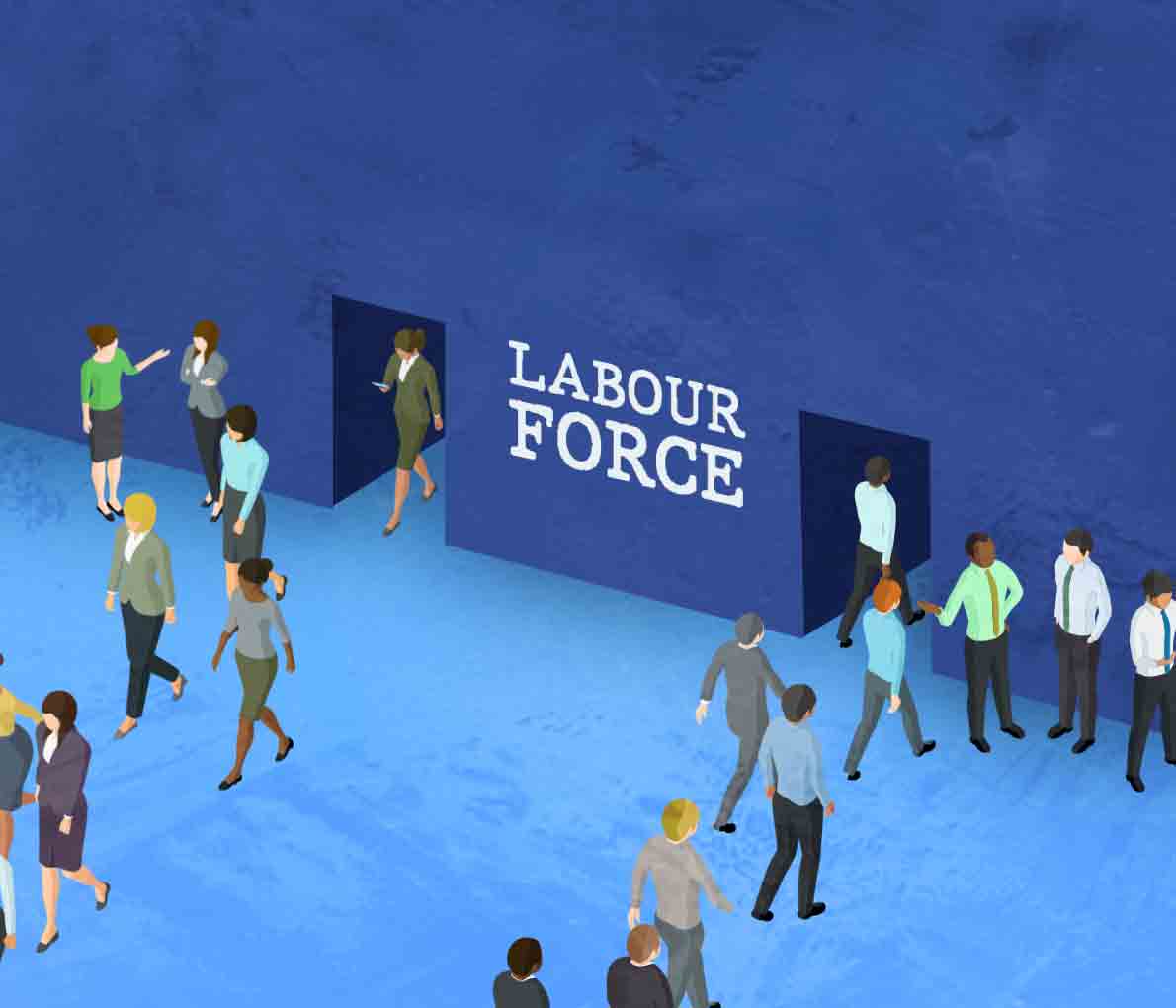Productivity can also be unleashed by broadening access to opportunities. Many rich-world labour markets are divided between the high- and low-skilled. That is tolerable so long as anyone can climb the ladder. Governments have a responsibility to ensure meritocratic access to education and sufficient opportunities for retraining. They should tear down barriers to entry such as needless occupational licensing rules—the legal and medical professions, for example, should not be allowed to pull up the drawbridge to outsiders. It should be easy to experiment with new digital and cross-border business models.
拓宽机会也可以释放生产力。许多发达国家的劳动力市场分为高技能劳动力市场和低技能劳动力市场。只要有人能爬上职业阶梯,那这种划分就是可以忍受的。政府有责任确保精英获得教育和充足的再培训机会。政府也应该打破不必要的职业许可证规则等准入壁垒,例如,法律和医疗行业不应该将没有资格证的人拒之门外。政府还应让数字化和跨境商业模式方面的新尝试变得轻而易举。

But helping workers by boosting productivity must not be confused with self-defeating attempts to protect them—as happened the last time they had the upper hand, in the 1970s. Repatriating supply chains, as Mr Biden would, will inhibit competition and grind down living standards. Cranking up corporate taxes too far will reduce the incentive for firms to invest. For central banks to lose their inflation-fighting credibility would be a disaster. Just ask the workers who bore the brunt of efforts to tame prices in the 1980s.
但是,通过提高生产力来帮助工人,决不能与妄想保护工人却弄巧成拙的尝试混为一谈——上世纪70年代工人们占据主导地位时就发生过这样的情况。类似拜登将供应链撤返回国的行为将抑制竞争,降低生活水平。过度提高企业税会降低企业投资的积极性。对于央行来说,失去抗通胀的信誉将是一场灾难。问问那些在上世纪80年代平抑物价的努力中首当其冲的工人就知道了。
People tend to be sentimental about how wonderful work used to be, grumpy about how it is and fearful of what it will become. In fact, working life has improved over the ages—and the promise today is as bright as it ever was. Time to get on the ride.
人们往往会感伤于过往工作的美妙,暴躁于当前工作的现状,又担忧着未来工作的情况。事实上,工作生活会随着时间推移而改善,如今的前景也一如既往的光明。是时候该打工人们春风得意了。
译文由可可原创,仅供学习交流使用,未经许可请勿转载。












